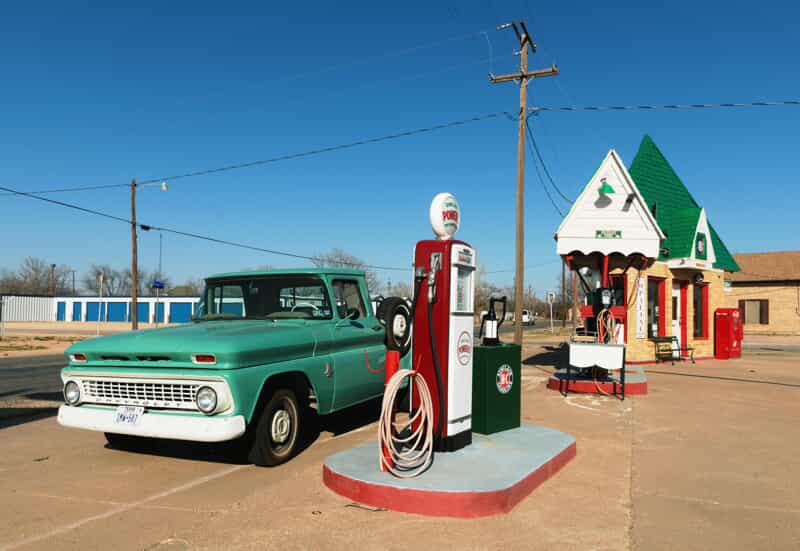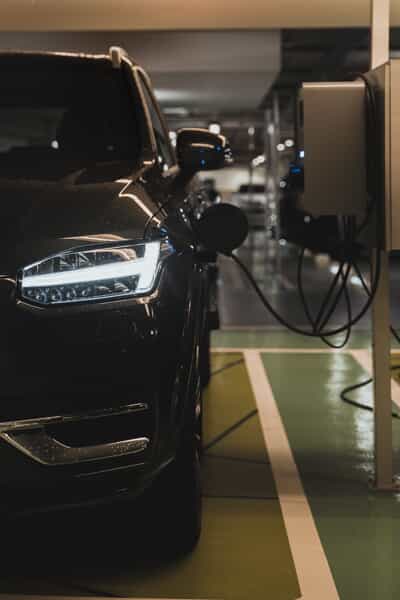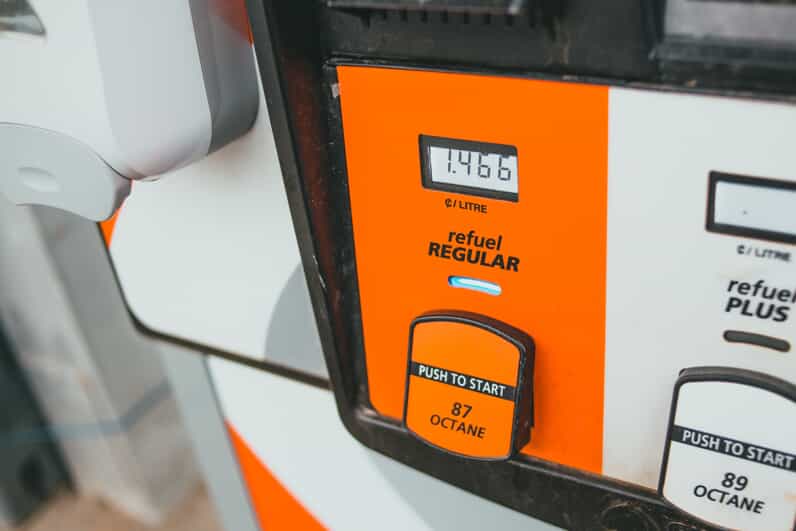Charging Stations vs. Gas Stations: Which is Cheaper?

The hum of a gasoline engine, the iconic gas station on the corner, and the familiar routine of filling up: these have been staples of the American road experience for over a century. But now, there's a new player on the scene: the silent, efficient electric vehicle.
Yet, as we steer into this new era, many of us are left scratching our heads. Is the promise of EVs more than just a feel-good story? Does it make financial sense? And how does it stack up against the long-reigning king - the gasoline car? Buckle up, because we're about to take a deep dive into the world of gas stations and charging points, dissecting myths and breaking down costs.
The face of transportation is evolving. As environmental concerns grow, so does the debate between traditional gasoline vehicles and the emerging EVs. Which is cheaper: charging or refueling?
A Brief Look at Gas Stations
Since the invention of automobiles, gas stations have been an integral part. Gasoline prices, influenced by oil production, geopolitical tensions, and economic factors, have always been a hot topic.
The Rise of Charging Stations

With global warming becoming more evident, EVs are stepping up as a potential solution. And with more EVs come more public charging stations. From humble home chargers to the high-speed ones at malls, we're witnessing an infrastructure revolution.
Dissecting the Claim: Gasoline Cars are Cheaper to Refuel

Everywhere from local diners to national news channels, there’s a common chorus: gasoline vehicles are cheaper to refuel than EVs.
But is there truth to this claim? A recent study found that 70% of potential EV buyers are drawn to the promise of saving money on gas. But electricity costs can be daunting, with rates varying widely by state, charger, and even the time of day.
Breaking Down the Fill-up Cost
If you’re contemplating joining the 34% of Americans eyeing an EV, the math might seem complex.
On average, an EV costs $4,600 more than a gasoline car. However, when you look beyond the initial price, and consider lower refueling and maintenance costs (potentially saving hundreds annually) and various government incentives, the financial scales might tip in favor of EVs.
However, determining the exact cost isn’t straightforward. Gasoline prices, though fluctuating, are relatively easier to track. Since 2010, with inflation considered, they’ve been relatively stable. Electricity, on the other hand, is a different story. Charging at home could be economical, but fast-charging stations might charge a premium.
Overall, their fill-up costs are impacted by many variables, so finding a definitive answer to whether EVs are cheaper than gas is impossible.
A few things to consider when calculating the cost of filling up vs. charging:
- Vehicle type: sedans, SUVs, trucks, etc.
- Location: gas prices and electricity costs fluctuate drastically across the US.
- Driving style: are you slow and steady to win the race or do you have a need for speed? How you drive and where you drive will impact how much you spend filling up.
Understanding the Environmental Price Tag
Beyond dollars and cents lies a cost that’s hard to quantify yet impossible to ignore: the environment. Every gallon of gasoline burned sends about 20 pounds of CO2 into the atmosphere. That’s almost 50 cents of climate damage per gallon. Factor in externalities like traffic congestion, accidents, and pollution, and this figure jumps to nearly $3 a gallon.
Yes, EVs alone aren’t a silver bullet. Truly addressing the issue requires urban planning, promoting public transport, and creating walkable localities. But they play a vital role in our fight to limit global temperature rises.
How Much Does it Cost to Charge an EV vs. Gas?
There is no definitive answer, but on average, for most people, EV charging is cheaper than gas.
The growth of renewable energy and advancements in EV efficiency further brighten this outlook. In fact, some projections suggest certain EV models might be more affordable than their gasoline counterparts as early as this year.
However, as you’ll discover in this article, this is not a blanket answer with many factors coming into play.
Conclusion
Gasoline or Electric? At first glance, gasoline might seem lighter on the wallet. But when you factor in maintenance, environmental costs, and the predicted rise in renewable energy availability, EVs make a compelling case.
Our transportation choices have implications that ripple through our environment, economy, and daily life. As you stand at this crossroads, remember: the best choices aren't just about today but about ensuring a sustainable tomorrow.
FAQs: Charging Stations vs. Gas Stations
What's the average lifespan of an EV battery compared to the average engine life of a gasoline vehicle?
EV batteries are typically designed to last between 10 to 20 years, depending on usage and maintenance. Gasoline engines, with regular maintenance, can also last up to 20 years. However, the efficiency of EV batteries might decrease over time, affecting the vehicle's range.
Are there any tax incentives for owning an EV or installing a home charging station?
Many governments offer tax incentives for EV buyers to encourage the shift towards sustainable transportation. This can include rebates on the purchase price, reduced registration fees, and incentives for installing home-charging infrastructure.
How long does it take to fully charge an EV?
Charging time varies based on the EV's battery capacity and the charger's power output. Home chargers (Level 1 and Level 2) can take anywhere from 8 to 24 hours for a full charge. Fast chargers or superchargers can charge an EV up to 80% in just 30 minutes to an hour.
How does the environmental impact of manufacturing an EV compare to a gasoline vehicle?
While the production of EVs, especially batteries, has environmental impacts, the lifetime emissions (including manufacturing, usage, and disposal) of EVs are generally lower than those of gasoline vehicles, especially as the electricity grid becomes greener.
Can I travel long distances with an EV without running out of charge?
With the expansion of charging infrastructure and newer EV models offering longer ranges, long-distance travel has become easier. However, it's essential to plan your route, considering charging station locations.
What happens when an EV runs out of charge on the road?
Just like running out of gas, if an EV runs out of charge, it will need a tow to a charging station. However, many new models come with range prediction software, making this scenario less likely.
Are EVs safe in accidents, given their high-voltage batteries?
EVs undergo the same rigorous safety testing as traditional vehicles. Manufacturers design them with multiple safety layers to ensure that batteries remain intact during accidents.

